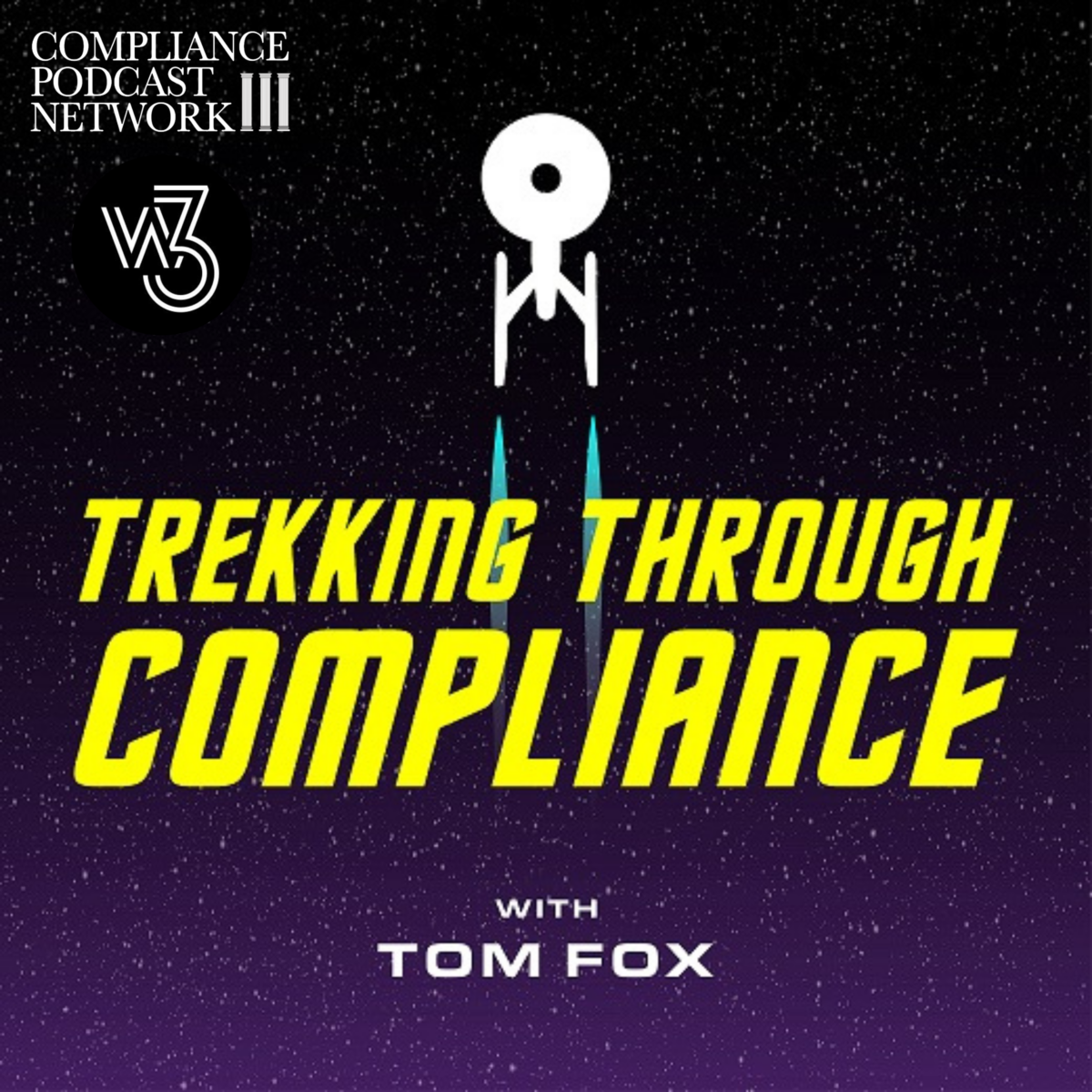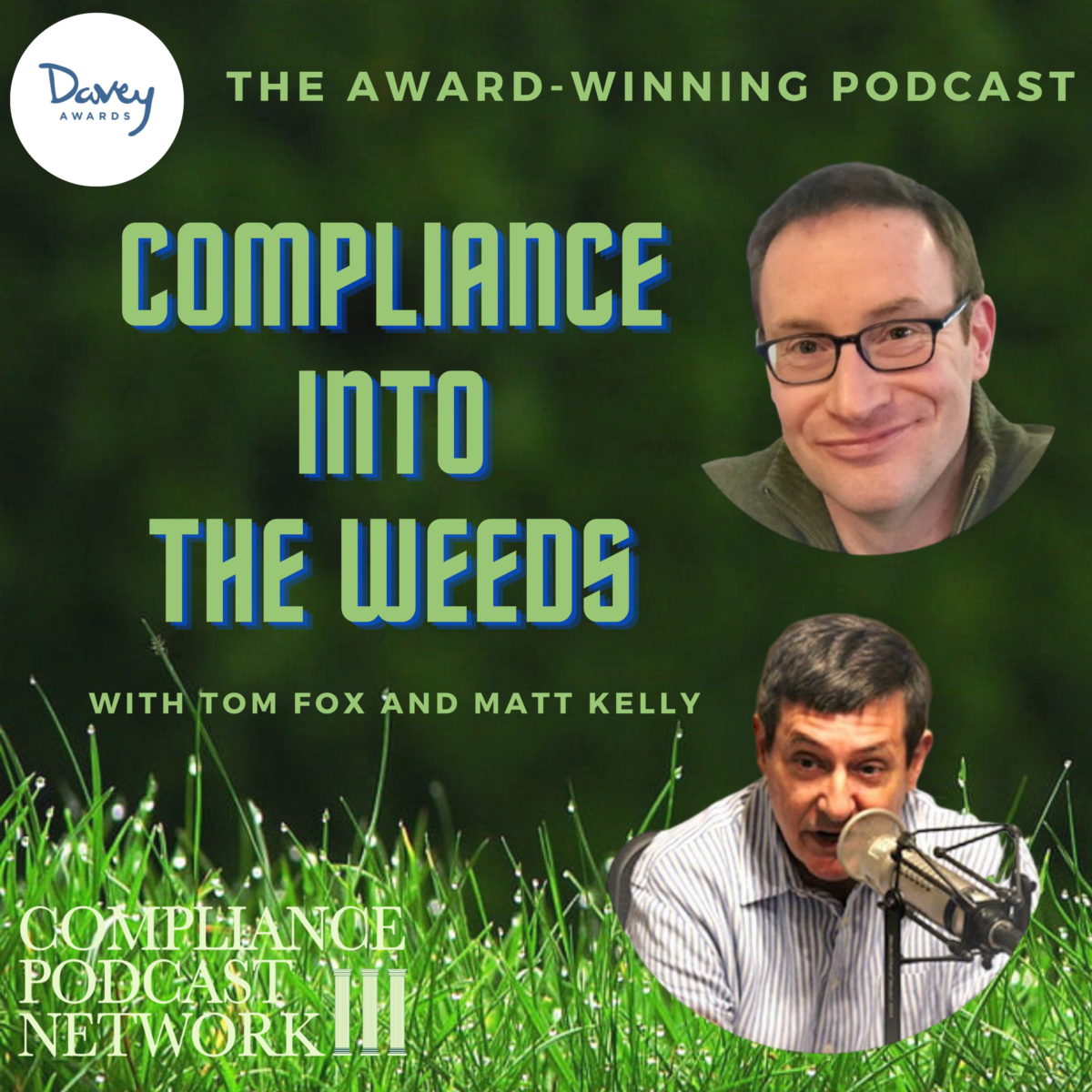Integrating artificial intelligence (AI) into internal controls is pivotal in the ever-evolving corporate governance landscape. We have closely followed the discussion around this emerging trend and the insights from industry experts like Jonathan Marks. In Part 3 of my five-part blog post series, I will explore the key considerations and best practices for leveraging AI to enhance an organization’s internal control framework.
Let’s start with the basics: ‘ What are internal controls?’ The best answer I have ever heard is still provided by Jonathan Marks, who says, “Internal controls are the mechanisms, rules, and procedures implemented by an organization to ensure the integrity of financial and accounting information, promote accountability, and prevent fraud. They encompass the entire control environment, including the attitude, awareness, and actions of management and others concerning the internal control system and its importance to the entity.”
Consider that the foundation of any successful AI application lies in the quality and accessibility of data. Organizations must ensure that the data feeding into their AI systems is accurate, comprehensive, and the definitive “source of truth.” Failure to address data quality issues can lead to incorrect outputs that undermine the effectiveness of specific control mechanisms. Establishing robust data management practices, including data governance and integration, is crucial for unlocking the full potential of AI-powered internal controls. This is equally true for internal controls.
Effective implementation of AI-driven internal controls requires a skilled workforce. Companies must invest in developing internal capabilities to handle these advanced tools and accurately analyze the results. This may involve training existing employees, hiring specialized talent, and fostering a culture of continuous learning. Understanding the nuances of machine learning, natural language processing, and other AI techniques is essential for internal teams to leverage these technologies successfully. For the compliance professional, it may mean adding expertise or partnering with internal audit or your internal controls team to garner the talent needed to move to AI-powered internal controls.
The integration of AI into internal controls raises important ethical considerations. Acknowledging and addressing the inherent biases that can exist within specific AI algorithms is imperative. By creating AI systems that are open, fair, and responsible, organizations can preserve stakeholder trust and uphold their ethical norms. Incorporating ethical principles and bias mitigation strategies into designing and deploying AI-powered internal controls is critical.
Successful implementation of AI-driven internal controls often requires close collaboration with technology providers. Companies and compliance professionals should seek out respected partners who can offer customized solutions that align with their specific internal requirements. These collaborations can provide continuous assistance as the intelligence and capabilities of the AI systems evolve. By fostering a collaborative environment, companies can ensure that the integration of AI into their internal control framework is seamless and practical.
Key Considerations for AI-Powered Internal Controls
There are a few key considerations for organizations to ensure the ethical deployment of AI-powered internal controls:
- Transparency and Explainability: The AI system’s decision-making process should be as transparent and explainable as possible. Organizations should be able to explain how the system arrives at its decisions and recommendations and provide clear documentation on the data, algorithms, and assumptions used.
- Fairness and Non-Discrimination: The AI system should be carefully audited to ensure it does not exhibit biases or discriminate against protected groups. Organizations should implement testing and monitoring processes to detect and mitigate unfair or discriminatory outcomes.
- Human Oversight and Accountability: Clear human oversight and accountability measures should be implemented. Employees should be able to understand, challenge, and override the AI system’s decisions when appropriate. There should also be defined processes for addressing errors or unintended consequences.
- Data Privacy and Security: The data used to train and operate the AI system must be adequately secured and protected to respect employee privacy. Organizations should have robust data governance policies and procedures in place.
- Ongoing Monitoring and Adjustment: The ethical performance of the AI system should be continuously monitored, and organizations should be prepared to adjust or refine as issues are identified. This may require establishing an AI ethics review board or similar governance structure.
- Alignment with Organizational Values: The deployment of the AI system should be aligned with the organization’s ethical principles and values. There should be a clear understanding of how the system supports the organization’s mission and commitment to employee wellbeing.
- Employee Engagement and Education: Employees should be informed about using AI-powered internal controls and receive training on interacting with the system. This can help build trust and ensure the system is used appropriately.
By addressing these key areas, organizations can work towards the ethical deployment of AI-powered internal controls and build trust with their employees. Collaboration with ethicists, legal experts, and other stakeholders can help refine best practices in this rapidly evolving landscape. However, this remains an evolving and complex area that requires ongoing vigilance and adaptation.
Ethical AI Deployment
There are some examples of organizations that have successfully navigated the challenges of ethical AI deployment.
Microsoft has been faced with ensuring fairness and mitigating bias in AI systems. To meet this, the company developed a comprehensive, Responsible AI Standard outlining principles and practices for ethical AI development.
IBM was challenged to achieve transparency and explainability in AI-powered decision-making. To meet this challenge, IBM has invested in explainable AI (XAI) technologies, such as its AI Explainability 360 toolkit. This enables developers to understand and interpret the inner workings of their AI models.
Google faced privacy and security concerns when using employee data for AI development. Google has established a Responsible AI Principles framework emphasizing data privacy and security, including differential privacy and secure multi-party computation techniques.
Salesforce must ensure alignment between AI-powered tools and the organization’s ethical values. To this end, it developed guidance through its AI Ethics & Humanism Council on the responsible development and use of AI across the company. This includes aligning AI systems with Salesforce’s core values.
Anthem needs to gain employee trust and acceptance in using AI-powered internal controls. To do so, Anthem has implemented an “AI Ambassadors” program, where select employees are trained to help their colleagues understand and navigate the company’s AI-powered systems, fostering greater acceptance and trust.
These examples demonstrate how leading organizations have proactively addressed the ethical challenges of AI deployment through a combination of technical, policy, and organizational approaches. By prioritizing principles like fairness, transparency, privacy, and alignment with corporate values, these companies have made progress in ensuring the responsible and trustworthy use of AI within their organizations, particularly around AI-powered internal controls.
Both compliance and internal audit professionals must recognize the pivotal role that AI can play in enhancing the effectiveness of internal controls. By proactively exploring the incorporation of AI into their control mechanisms, organizations can gain a significant advantage in managing the complexities of modern enterprises and the ever-increasing data landscape. The deliberate integration of AI into internal controls will be a crucial factor in determining the success and resilience of an organization’s overall governance framework.
Integrating artificial intelligence into internal controls represents an opportunity for organizations to strengthen their control environment and make more informed decisions. Compliance professionals can help AI-powered internal controls become a cornerstone of effective corporate governance by addressing data quality, skill development, ethical considerations, and collaboration. I am excited to see how this technology continues to evolve and reshape the way we approach internal control systems and your compliance program.
Join us tomorrow as we examine the role of compliance in keeping AI decisions fair and unbiased.









